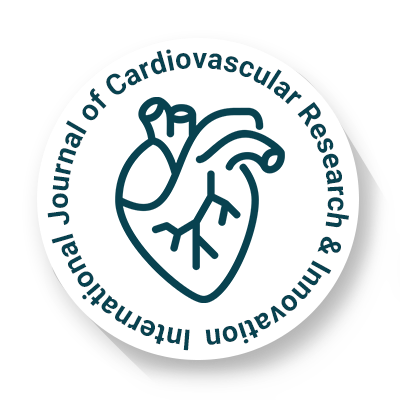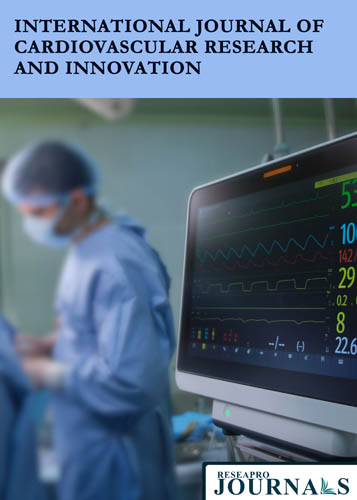
International Journal of Cardiovascular Research & Innovation
OPEN ACCESS

OPEN ACCESS

Department of Chemistry, Utkal University, Odisha, India
Acute decompensated heart failure (ADHF) remains a frequent occurrence with dangerous consequences in which the heart failure patient reports a dramatic increase in the severity of their problems, this imposes a high burden of disease with healthcare costs. ADHF\'s epidemiology demonstrates a frequent percentage of emergency admissions, a fair share of the subjects available are acute care patients. Its pathophysiology encompasses multifactorial states of fluid overload, decreased cardiac output, and neurohormonal stimulation. Among ADHF\'s common complications is secondary mitral regurgitation (SMR). SMR is when the blood flows back to the left atrium because the valve fails to close properly, this often accompanies ventricular enlargement and alteration of heart structure. This can exacerbate the patient\'s heart failure and worsen the outlook for further events. Patients with ADHF are managed with diuretic therapy where the focus is on the improvement of congestion and the quality of life of patients. In this regard, it classifies them into two types, normal diuresis and pathological diuresis. Intensive diuretic therapy includes greater doses or continuous infusions that are utilized to reduce the fluid volume quickly, and this can alter the rate of SMR increase. The goal of this review is not only to review the available literature on the effectiveness of diuretic therapy in treating fluid in the form of edema but also to address the complications geared toward the ADHF to inform clinical practice and improve patient outcomes.
Received 09 October 2024; Revised 06 November 2024; Accepted 13 November 2024
Department of Chemistry, Utkal University, Odisha, India